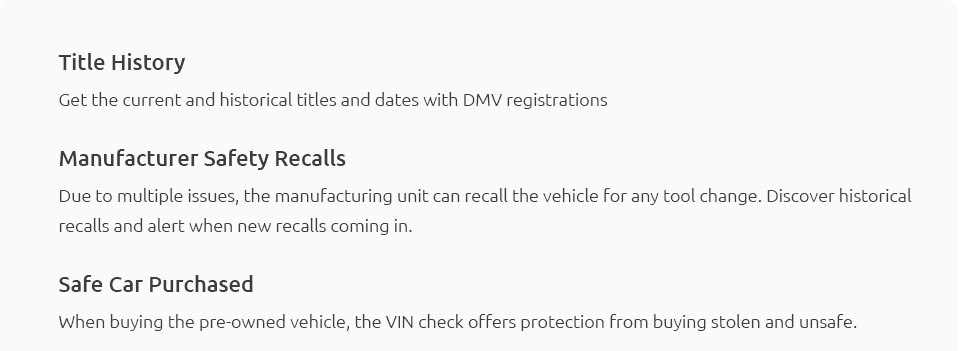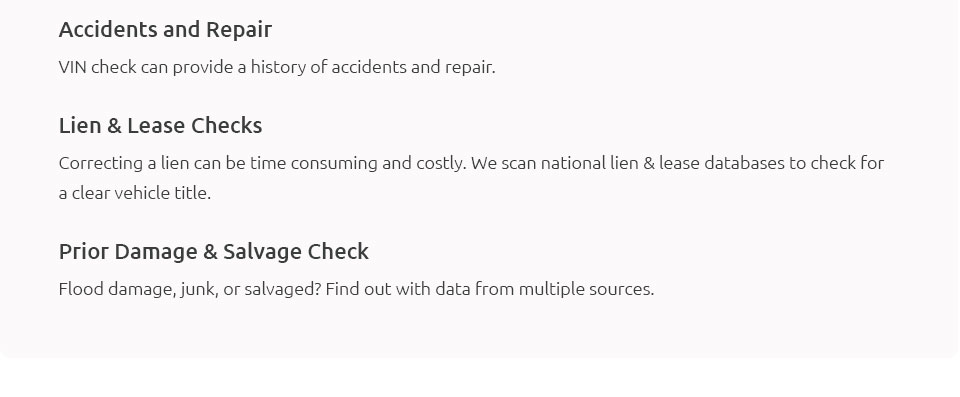 |
 |
 |
 |
 |
||
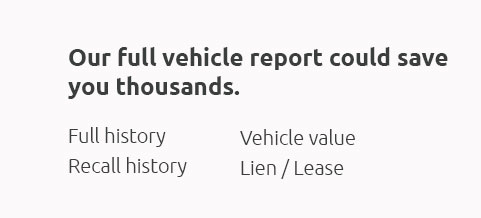 |
 |
|
 |
 |
|
 |
 |
 |
 |
||
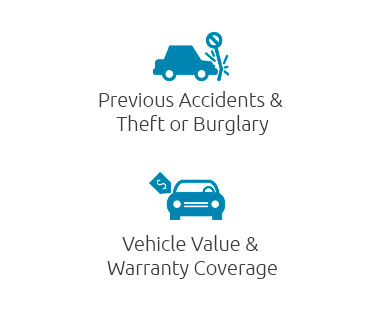 |
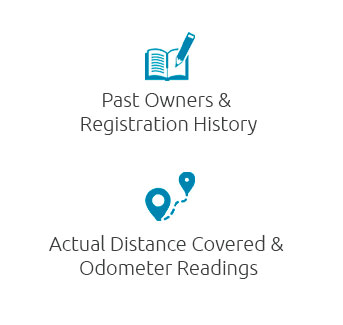 |
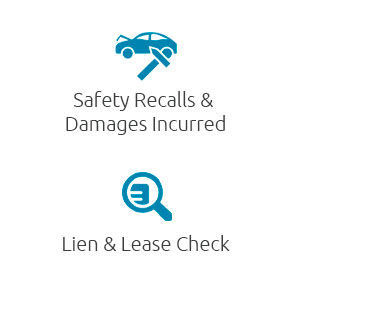 |
 |
 |
 |
||||
|
||||
 |
 |
Exploring the World of Free Car Owner Lookup by VINIn the modern era of digital convenience, where information is just a few clicks away, the ability to perform a free car owner lookup by VIN has become an invaluable tool for prospective car buyers, sellers, and enthusiasts alike. The Vehicle Identification Number, or VIN, is often referred to as the automobile's fingerprint, a unique code that provides a wealth of information about a vehicle's history, including ownership details. But how does one effectively navigate this labyrinth of data? Let’s delve into the essential aspects of utilizing VINs for a comprehensive understanding of vehicle ownership. To start, it's crucial to comprehend what a VIN entails. This 17-character string is more than a mere jumble of letters and numbers; it is a meticulously crafted sequence that encodes the vehicle's make, model, year, and manufacturing details. Such information is pivotal when conducting a hyundai sonata vin lookup or any other vehicle inquiry. While the concept of obtaining information through a VIN is straightforward, the execution can be intricate, especially when tracing ownership history. One might wonder, why is it necessary to lookup previous car owners? There are several reasons. Firstly, understanding the ownership history can reveal how well the vehicle was maintained, hinting at potential future issues. Secondly, it can prevent unpleasant surprises, such as discovering that the car was previously used as a rental or for commercial purposes, which could affect its value and performance. For more details on this, you might consider exploring how can i check the previous owners of a car. In practice, executing a free car owner lookup by VIN involves utilizing various online resources, some of which offer free services, while others require a fee. Governmental databases and DMV websites are often the most reliable sources for accurate and up-to-date information. However, they may require specific permissions or have restrictions based on privacy laws. On the other hand, third-party websites might provide more accessible interfaces but can vary in the accuracy of their data. When attempting a VIN lookup, a step-by-step approach is advisable. Begin by collecting as much information as possible about the vehicle. Use trusted resources to verify the VIN's validity and ensure that it matches the physical characteristics of the car. This step is vital to avoid fraudulent activities. Once you have a valid VIN, use it to access ownership records and cross-reference these details with maintenance records, accident reports, and any recalls associated with the vehicle. In conclusion, while the journey of conducting a free car owner lookup by VIN might seem daunting, understanding the process can empower you with the knowledge to make informed decisions. Whether you are a buyer ensuring the legitimacy of a vehicle, a seller looking to highlight a well-maintained car, or simply a car enthusiast curious about an automobile's past, the VIN is your gateway to uncovering a vehicle's untold stories. Embrace this tool with diligence and attention to detail, and it will serve you well in navigating the complex landscape of automotive history. https://www.jdpower.com/cars/shopping-guides/how-to-get-a-free-vin-check-avoid-used-car-scams
National Insurance Crime Bureau (NICB) VINCheck Lookup ... The NICB is a nonprofit organization that is committed to fighting vehicle-related ... https://vehiclehistory.bja.ojp.gov/%3Cfront%3E
The National Motor Vehicle Title Information System (NMVTIS) is designed to protect consumers from fraud and unsafe vehicles and to keep stolen vehicles from ... https://vinpit.com/
Run a Free VIN Lookup With VinPit - Discover unreported damages - Verify the ownership of the car - Check mileage accuracy - View documented photos - Know more about ...
|

